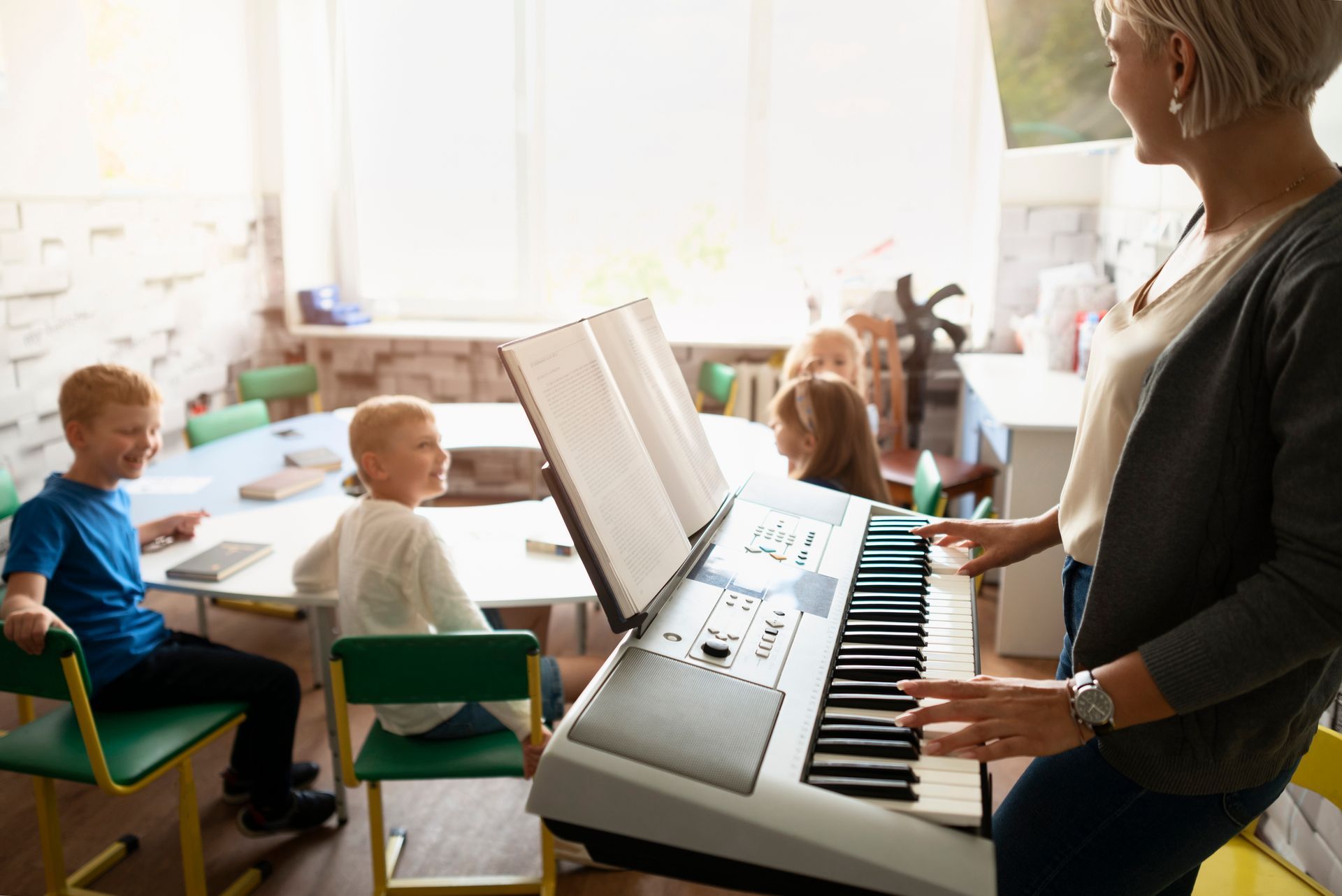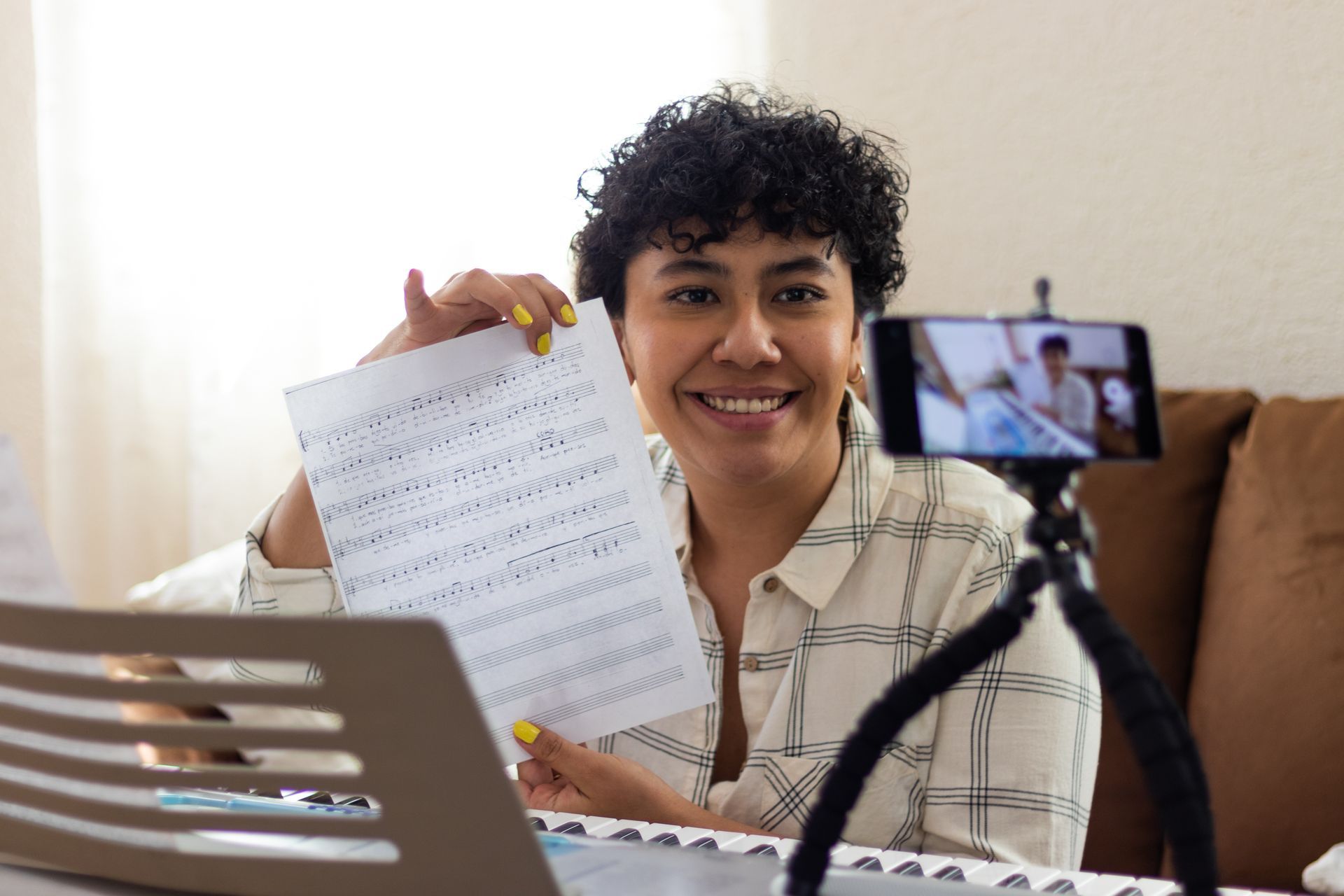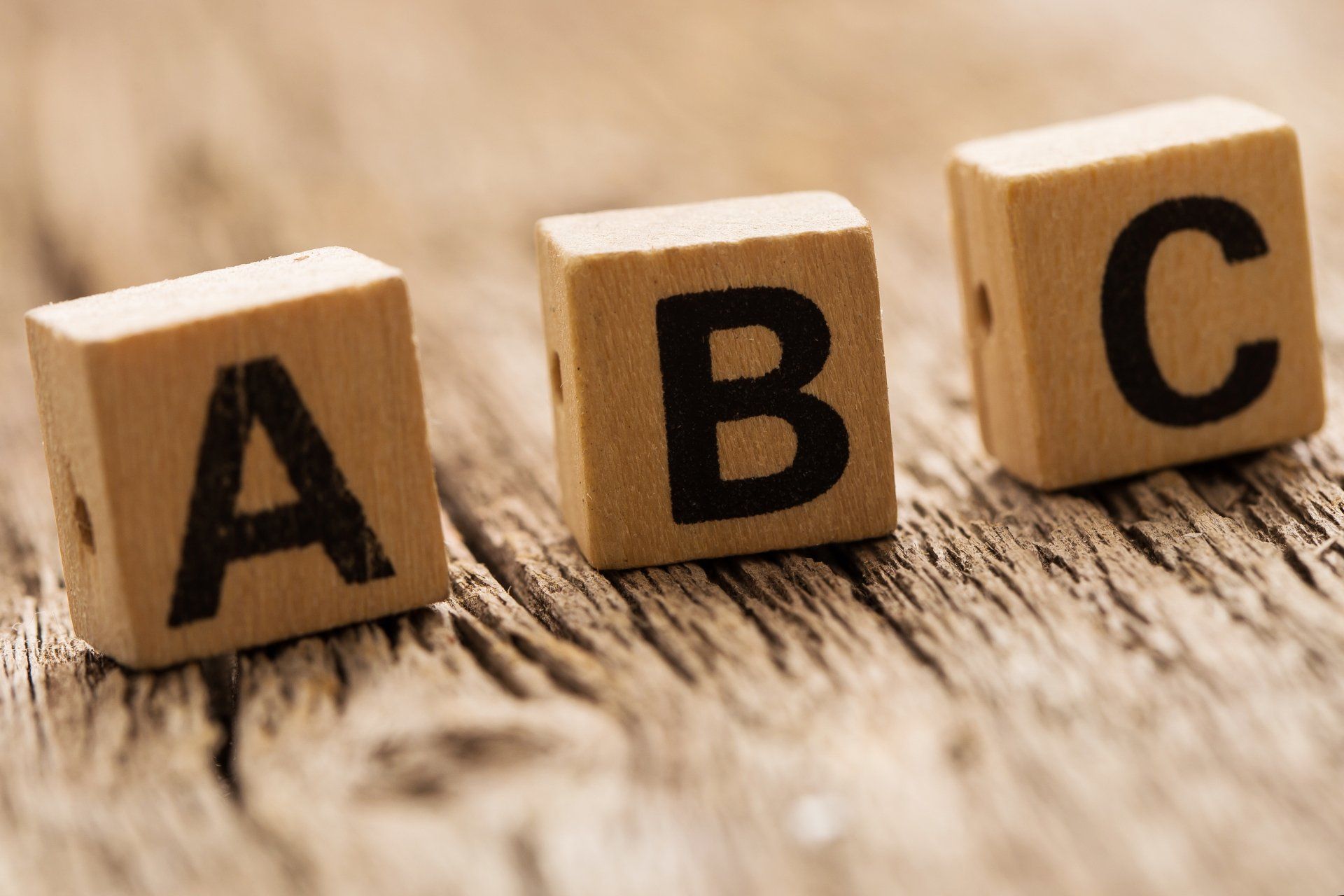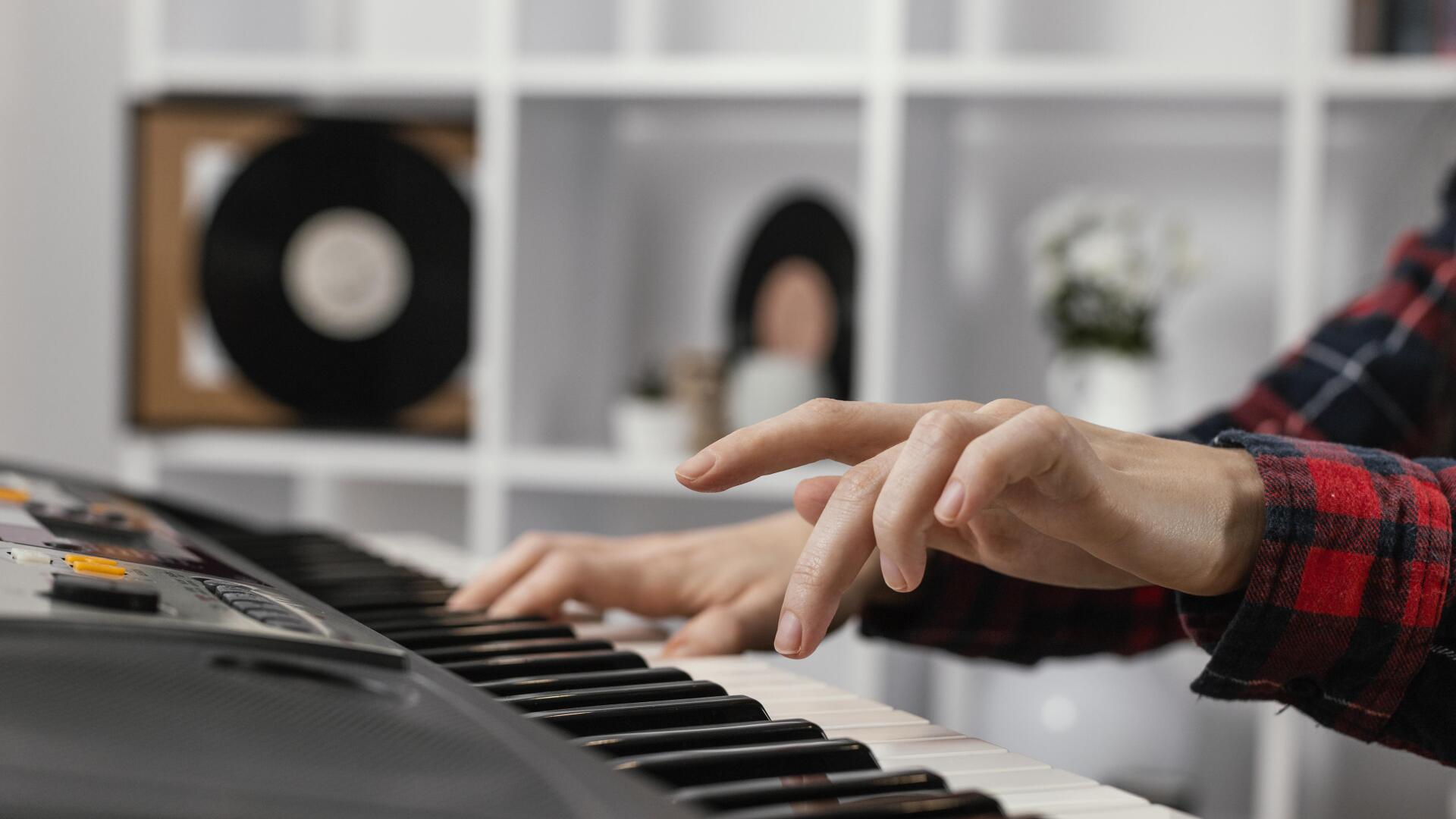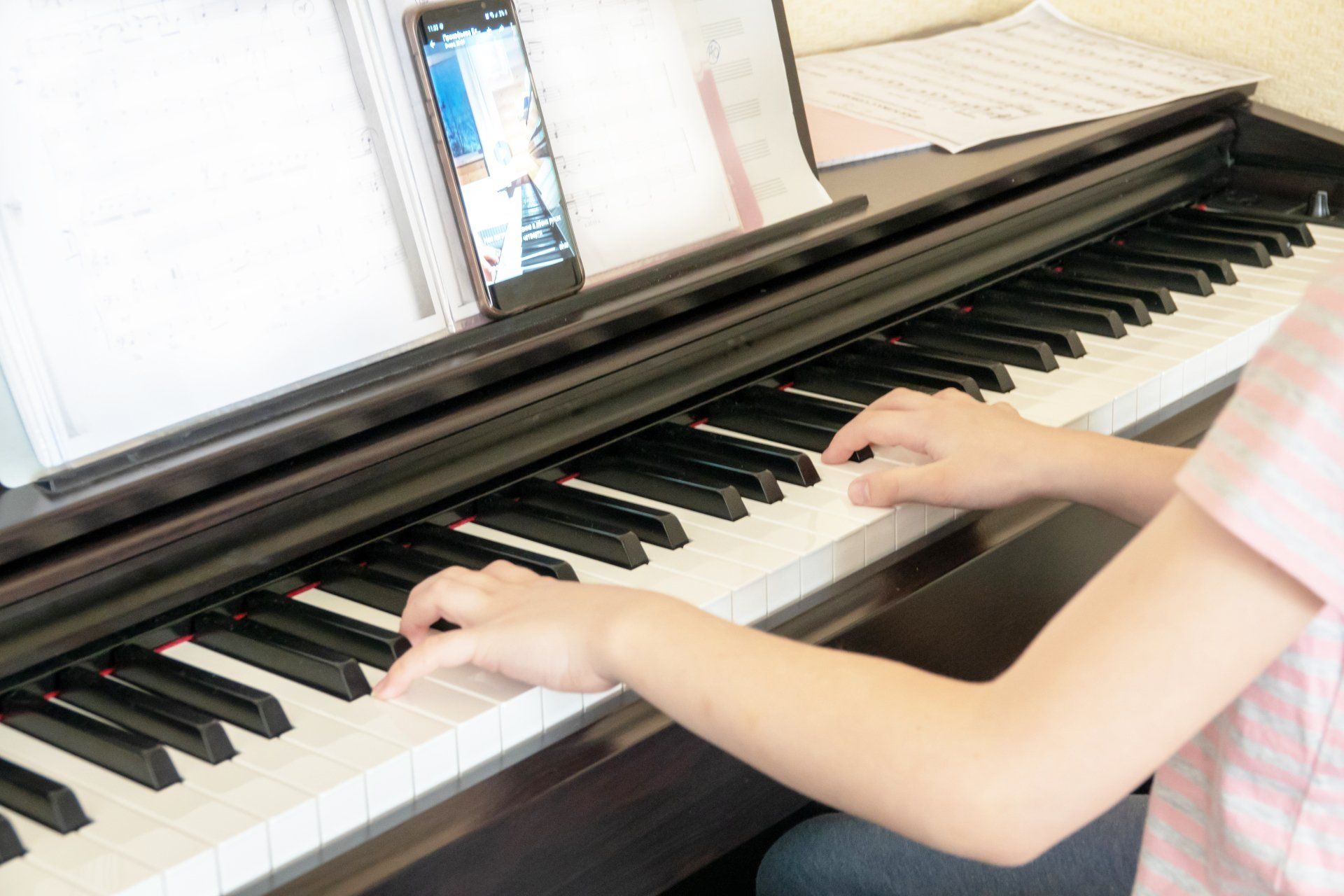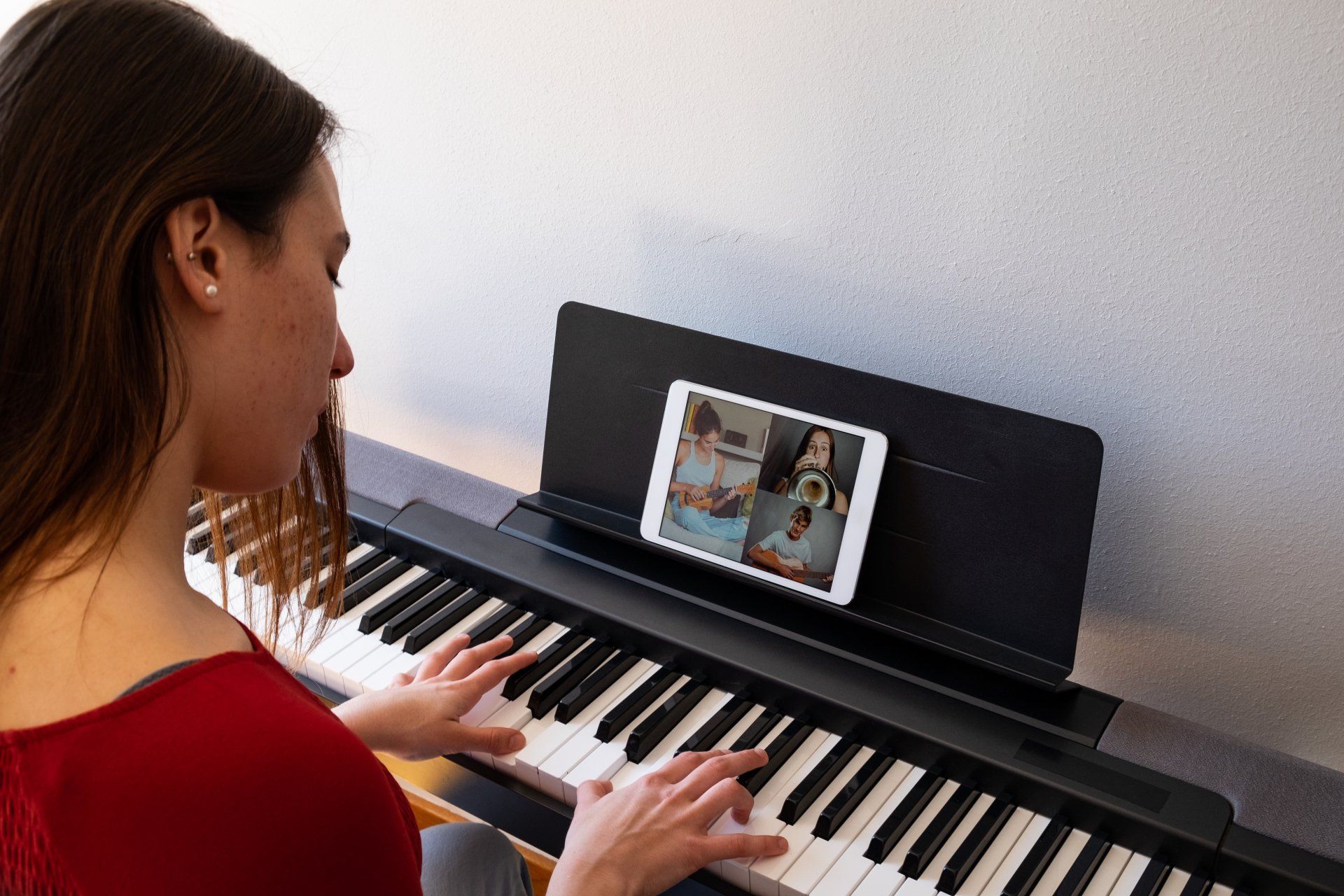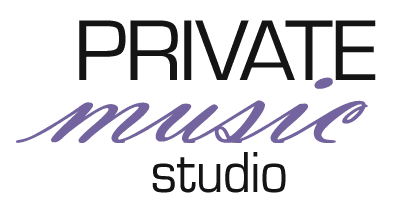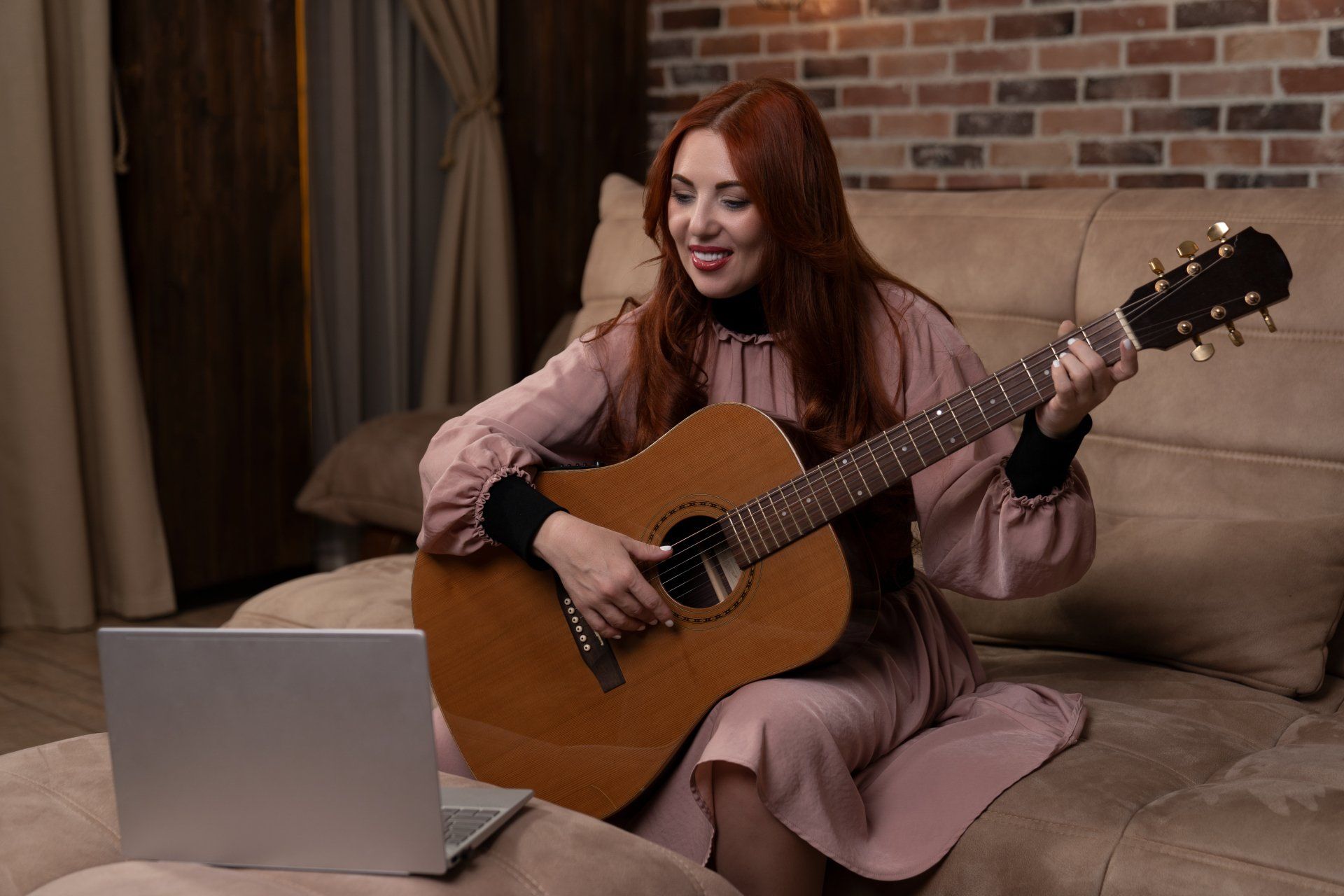The Essential Pages For Your Private Music Studio Website
This is a subtitle for your new post
A website
is an essential part of any business owner’s toolkit. Especially private music
teachers! Even if you don’t have a full-fledged studio, there’s still plenty of
content to put on your website. Not to mention, it can be a great way to get
new students.
Websites don’t have to be fancy (although if you want to get fancy, by all means do!). For private music teachers, they should give visitors a sense of who you are, what kind of music you teach, and let prospective students know what to expect when they study with you. It also gives you the opportunity to expand your studio through a store or blog. Here are the essential pages and a few extras.
1. Home – A home page is a visitor’s first impression of you, so it needs to be both professional and likeable. Include a top-quality photo of yourself, what instrument(s) you teach, and style of music. Contact info (phone number and email address) should be easily visible, preferably at the top of the page. Some welcome text that explains your teaching philosophy and what students can expect when they study with you is a nice personal touch. Towards the bottom of the page, a few glowing reviews from parents/students reinforces how great you are!
2. About Me – This page is another great opportunity to show a professional photo of yourself. Either choose a different headshot than your “home” page, an action shot of you teaching, or nicely posing with your instrument. Include a well-written bio that showcases your education, credentials, and a few fun tidbits to make it more personal. This is another page where it’s very appropriate to share some reviews from parents/students.
3. Store – A one-stop shop makes things convenient for both you and your students. Provide links to books they’ll need, instruments and accessories, music stands…etc. Sign up to be an Amazon affiliate and make a few extra dollars when students buy. You can even sell your own studio swag!
4. Gallery – This is a great page to show off your students’ work and give people a feel for the community you’ve created. Post videos and photos of lessons, exercises, or examples of your teaching techniques. A gallery is the perfect place to commemorate recitals! Current students will enjoy reliving that special day, and prospective students can see what kinds of performances they can look forward to. Just be sure to get parent permission before posting any photos or videos of minors online.
5. Blog – We can’t say enough great things about blogs. Do people really read them? Yes! A blog is the perfect platform to educate students and parents about music history, genres, techniques, instruments, address FAQs, and other good practices. It also establishes YOU as an authority in music education.
6. FAQ – This page can save you from answering the same questions over and over. Lay out all the questions you get repeatedly and answer them in straightforward detail. Address taking lessons, procedures, payment/billing, practicing, recitals, performance anxiety, and anything else that comes up often.
7. Links – Provide links to more resources your students might find helpful. It can range from local music shops to books you’d recommend. Also, it’s not a bad idea to let whatever websites you’ve linked to know about it. If they link back to you, it’s great for your SEO.
8. Contact – This is an obvious one. A proper contact page makes reaching out easy. Whether someone is ready to sign up for lessons, or merely has a question, make yourself easy to contact.
Don’t underestimate the power of a professional website for your private music studio. With so many options today, the cost can be minimal. Creating it should be fun, and the rewards will be great!
